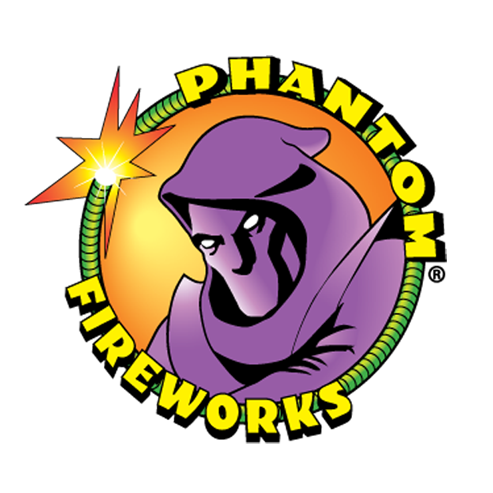Symbol | Name | Fireworks Usage |
|---|---|---|
Al | Aluminum | Aluminum is used to produce silver and white flames and sparks. It is a common component of sparklers. |
Ba | Barium | Barium is used to create green colors in fireworks, and it can also help stabilize other volatile elements. |
C | Carbon | Carbon is one of the main components of black powder, which is used as a propellent in fireworks. Carbon provides the fuel for a firework. Common forms include carbon black, sugar, or starch. |
Ca | Calcium | Calcium is used to deepen firework colors. Calcium salts produce orange fireworks. |
Cl | Chlorine | Chlorine is an important component of many oxidizers in fireworks. Several of the metal salts that produce colors contain chlorine. |
Cu | Copper | Copper compounds produce blue colors in fireworks. |
Fe | Iron | Iron is used to produce sparks. The heat of the metal determines the color of the sparks. |
K | Potassium | Potassium helps to oxidize firework mixtures. Potassium nitrate, potassium chlorate, and potassium perchlorate are all important oxidizers. |
Li | Lithium | Lithium is a metal that is used to impart a red color to fireworks. Lithium carbonate, in particular, is a common colorant. |
Mg | Magnesium | Magnesium burns a very bright white, so it is used to add white sparks or improve the overall brilliance of a firework. |
Na | Sodium | Sodium imparts a gold or yellow color to fireworks, however, the color is often so bright that it frequently masks other, less intense colors. |
O | Oxygen | Fireworks include oxidizers, which are substances that produce oxygen in order for burning to occur. The oxidizers are usually nitrates, chlorates, or perchlorates. Sometimes the same substance is used to provide oxygen and color. |
P | Phosphorus | Phosphorus burns spontaneously in air and is also responsible for some glow in the dark effects. It may be a component of a firework's fuel. |
S | Sulfur | Sulfur is a component of black powder, and as such, it is found in a firework's propellant/fuel. |
Sb | Antimony | Antimony is used to create firework glitter effects. |
Sr | Strontium | Strontium salts impart a red color to fireworks. Strontium compounds are also important for stabilizing fireworks mixtures. |
Ti | Titanium | Titanium metal can be burned as powder or flakes to produce silver sparks. |
Zn | Zinc | Zinc is a bluish white metal that is used to create smoke effects for fireworks and other pyrotechnic devices. |
Fireworks Safety
Click below to return to the main Fireworks Safety page and continue your educational journey
